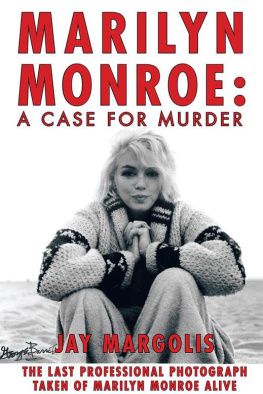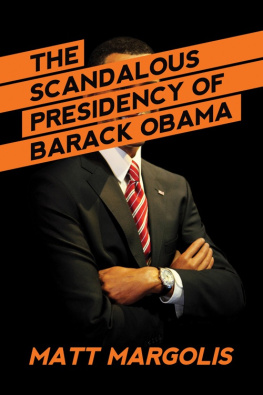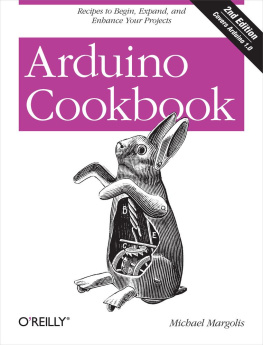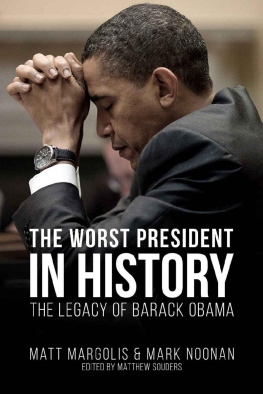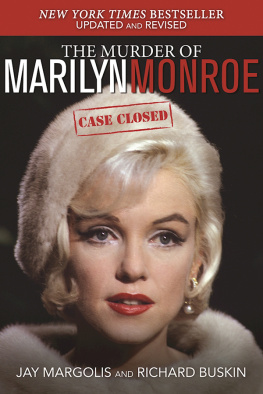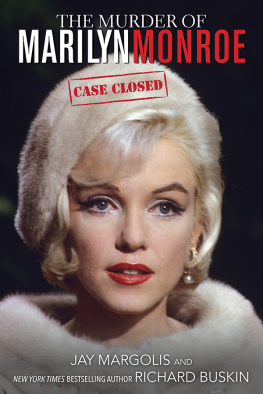First published 1990 by Westview Press
Published 2019 by Routledge
52 Vanderbilt Avenue, New York, NY 10017
2 Park Square, Milton Park, Abingdon, Oxon OX14 4RN
Routledge is an imprint of the Taylor & Francis Group, an informa business
Copyright 1990 by Families U.S.A. Foundation and Richard J. Margolis
All rights reserved. No part of this book may be reprinted or reproduced or utilised in any form or by any electronic, mechanical, or other means, now known or hereafter invented, including photocopying and recording, or in any information storage or retrieval system, without permission in writing from the publishers.
Notice:
Product or corporate names may be trademarks or registered trademarks, and are used only for identification and explanation without intent to infringe.
Library of Congress Cataloging-in-Publication Data
Margolis, Richard J.
Risking old age in America/Richard J. Margolis.
p. cm.
ISBN 0-8133-0939-5ISBN 0-8133-0940-9 (pbk.)
1. AgedUnited States. 2. AgedHousingUnited States.
3. AgedCareUnited States. I. Title.
HQ1064.U5M375 1990
305.26'0973dc20 89-22620
CIP
ISBN 13: 978-0-367-28613-2 (hbk)
There is no adequate way to thank my elderly sources for the gifts they bestowed, other than to declare that this work is for them. It relies on their insights; it attends to their singular accents, the distant cadences of old age. If I have sometimes assigned them fictitious names, it is not because they demanded anonymityit is because I felt uneasy about invading their privacy.
In retrospect, it seems odd that some of my associates thought it might be risky for me to write about the aged poor. "How will you get through the day?" an acquaintance asked. "Won't the interviews depress you?"
Well, yes and no. The poor people I met in the course of my investigations turned out to be first-rate company. They bore their burdens gracefully; most brought to the interviews an attractive blend of innocence and irony, traits they may have found useful in their struggles to get through the day. What saddened me was not the people but their circumstances.
An undertaking like this is the product of countless kindnesses from friends and strangers alike. I was lucky from the start: I got a phone call from Ronald F. Pollack, the talented executive director of Families U.S.A. Foundation (formerly The Villers Foundation), suggesting that I write a book about poverty and old age. Pollack and the foundation stand at the top of my personal, all-time list of altruists. They armed me with the three resources a writer must have to complete a lengthy project: time, money, and the knowledge that somebody cares.
Still, there were occasions when my confidence in the project went on vacation. The research and the writing took considerably longer than any of us had anticipated. At such moments it was chiefly Ronny's steadiness, his serene faith in the book, that kept me going.
The foundation also served as an indispensable supplier of information on old age and poverty. Staff members cheerfully answered my questions and as cheerfully corrected my errors. The following list includes just some of the foundation people who enlightened me along the way: Arnold Bennett, Barbara Campbell, Peggy Denker, Edward F. Howard, Susan K. Kinoy, Jeff Kirsch, Judith Perez, Marsha Simon, and Phyllis Torda.
There were other institutions that came to my rescue. The Blue Mountain Center, a heavenly way station in the Adirondackspresided over by that most spirited of angels, Harriet Barlowtook me in for refueling whenever I began to run out of gas. Mine is not the only book to have benefited from Harriet's timely hospitality: She has been an "enabling Muse" for hundreds of writers and artists.
Early on in my explorations, the Institute of Politics at Harvard University's Kennedy School of Government provided me with an office, a copier, and that most precious of artifacts, a library card. Later, when my Harvard library privileges lapsed, Yale Universitymore precisely, Professor John Simon and the Program On Non-profit Organizationsgave me the affiliation I needed.
In my research I consulted scores of knowledgeable people, and most of those worthies show up in the course of the book. A few, however, I wish to name here. In the early going, the comments of Fernando Torres-Gil were especially helpful; Tom Joe and Judith Meltzer of the Center for the Study of Social Policy gave me a cram course in the histories of social security and Supplemental Security Income; Chester Hartman, Cushing N. Dolbeare, and Barry Zigas each read and improved my chapter on housing; and Rosalie A. Kane and Joshua M. Wiener did the same for a draft chapter on home care.
My sons, Philip and Harry Margolis, were kind enough to read early versions of several chaptersand brave enough to offer tough-minded critiques. The book is better for their comments. Diane Rothbard Margolis read the manuscript with a shrewd sociological eye and suggested many refinements, especially for the chapters on income and on health. In addition, I have shamelessly purloined certain ideas Diane expressed in her paper "From Our Hearts or Against Our Wills: The Two Faces of Social Welfare" (delivered to the Society for the Study of Social Problems, Washington, D.C., 1985).
As the manuscript grew, I submitted bits and pieces of it to various periodicals. Readers of The New Leader, a fortnightly that regularly carries my work, saw tentative versions from several chapters. Thanks are due to my patient friend and editor, Myron Kolatch, for giving me the opportunity to send up those trial balloons. My gratitude also goes to Arlie Schardt, editor of Foundation News, for publishing my essay on the federal definition of elderly poverty (see the ).
I am indebted to Katherine Hall, who retyped much of the manuscript and never once complained about my scribbles and erasures; and to David S. Bruce of the Yale University Computer Center: Somehow he figured out a way to convert my software to something the publisher could use.
Gail E. Ross, attorney-at-law and literary agent, came along at exactly the right moment, as did the publisher she enlisted, Westview Press. My editors at WestviewBarbara Ellington, Marian Safran, Rebecca Ritke, and Jane Raesehave treated me with a considerateness that in the publishing world is far from routine. As copy editor, Marian Safran rates a special thanks for her splendid excisions and discreet explanations.
Notwithstanding all the help I have received, no one but me should be held responsible for the book's content. The buck stops here.
Richard J. Margolis
New Haven, Connecticut




